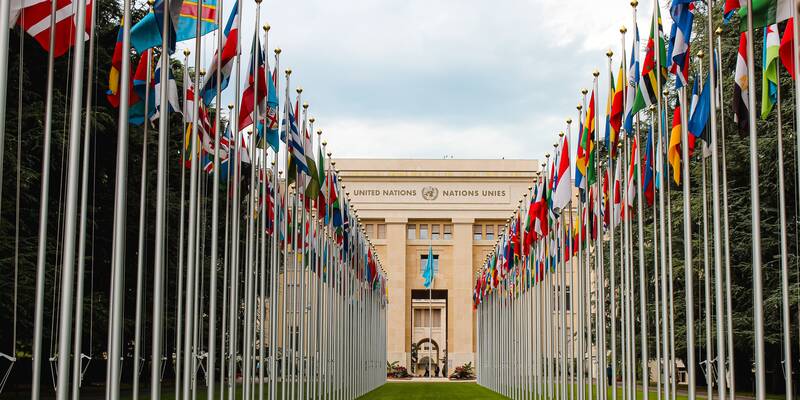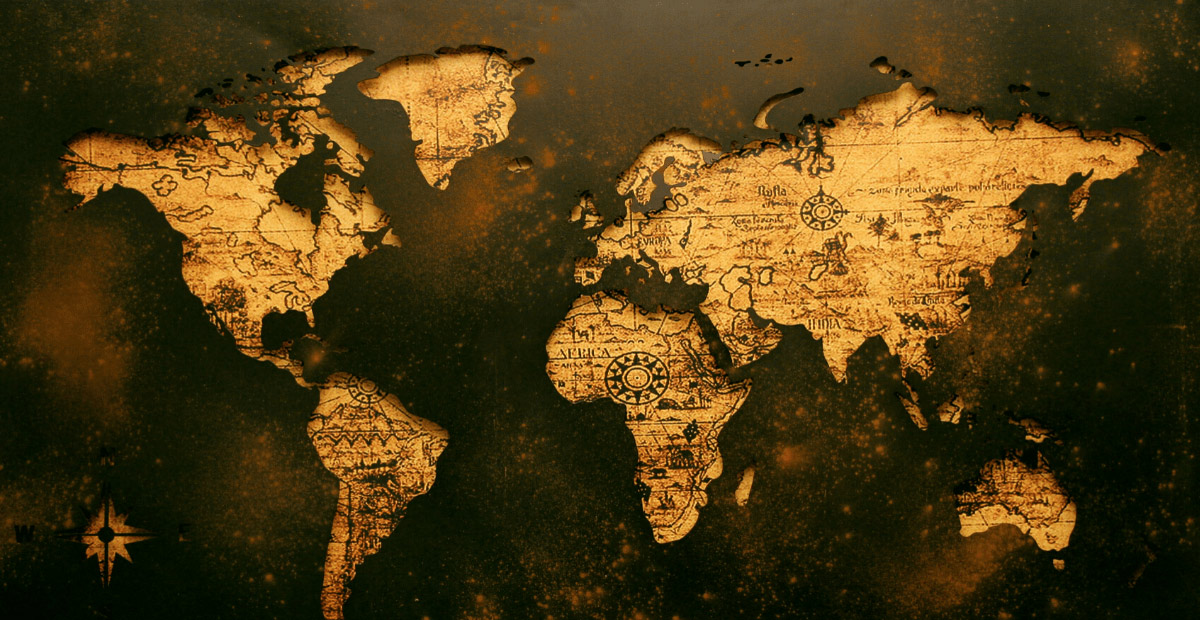Program Overview
Ìý
The main aim of the ICPÌýprogram is to develop in students the ability to identify, explain,Ìý evaluate, and contextualize political actors, institutions, organizations, behavior, and various other phenomena comparatively and against the general background of contemporary world politics. On the one hand, International Politics (IP) is the study of political relationships among state and non-state actors. Core issues of IP include conflict, security, foreign policy, international organizations, and institutions. On the other hand, Comparative Politics (CP) is the study of political systems within countries. CP, thus, focuses either on regions of the world or on themes relevant across many contexts.Ìý
Ìý

Ìý
Following the ÐÓ°É´«Ã½â€™s mission, the ICP department also develops ‘’future leaders for the democratic transformation of Central Asia.’’ Thus, the mission of the department prepares young generations as future leaders who are actively engaged in the transformation of their societies.Ìý
Ìý
The department further strengthens the core competencies of the university: (1) communication skills, (2) critical thinking skills, (3) digital literacy, (4) problem-solving skills, (5) global awareness (effective citizenship), and (6) civic responsibility.Ìý The program outcomes expected to ICP graduates will:
- Have a proficient understanding of governance in human societies, the main institutional variations therein, and key challenges and choices that societies and citizens may face;
- Distinguish and assess, more generally, different ideas behind complex political and social phenomena and formulate their own ideas and arguments intelligently and persuasively;
- Be able to function and communicate effectively in diverse and changing environments;
- Eagerly seek answers to difficult societal and political questions and find solutions for real-life problems.
Ìý

Ìý
Learning Outcomes of the ICP Program:
The interdisciplinary and interactive courses in political science and international relations help ICP students discover the best ways in which they can engage with and assume political leadership. Upon successful completion of all requirements of the program, students will have knowledge of:Ìý
- Developing mastery of the disciplinary corpus covered by ICP studies (political science, international relations, comparative politics, political theory, political economy, and international law).
- Developing the analytical skills necessary to think critically about political, social, and economic behavior.
- Developing writing skills to intellectually communicate their ideas and research over core issues of world politics.Ìý
- Developing an understanding of their role as engaged citizens in a democratic political system and being aware of the global dynamics that influence the context of domestic and international politics.Ìý
Ìý

Ìý
The ICP program offers an international and multi-disciplinary learning environment in the American liberal arts tradition, and the program offers a US-accredited degree through a partnership with Bard College in the United States. In addition, the ICP department maintains partnerships with a number of universities worldwide, both within and outside of the Open Society University Network (OSUN).Ìý
Ìý

Ìý
A wide range of courses offered at the department specifically aims to equip students with cutting-edge knowledge and a deeper understanding of how international politics and domestic political institutions interact and how foreign and public policies are designed. Students pursuing the ICP program will explore relationships between states and other governmental and non-governmental actors.Ìý
Ìý
Ìý
